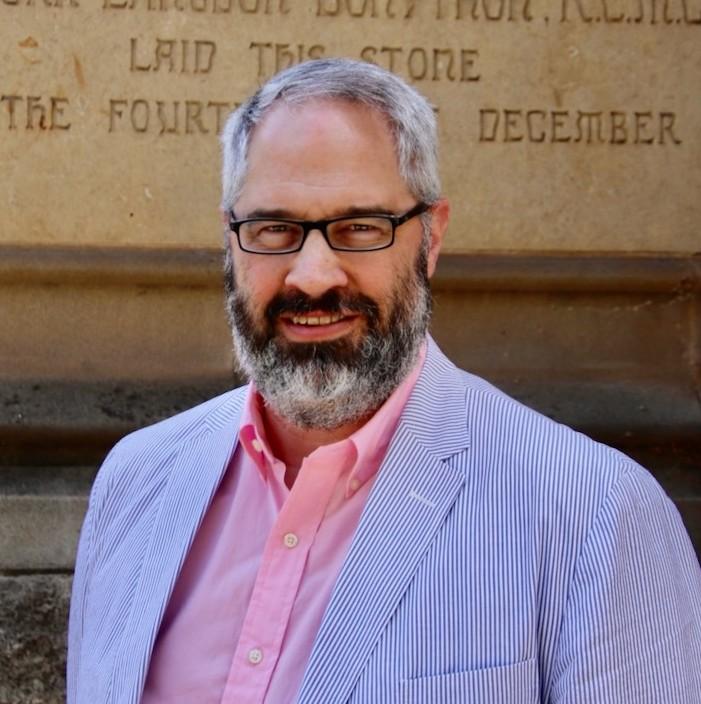This is how I teach
This month we spoke to Professor Paul Babie, Associate Dean of Law (International) and Director of the Research Unit for the Study of Society, Ethics, and Law, at the Adelaide Law School.
Among the many awards he has been presented for his teaching, last year Paul received the Excellence in Research Supervision Award from the Australian Legal Education Awards (ALEA). Here he speaks about his interest in human social interaction, the place that law has within it, and how he strives in his teaching to shape future legal professionals.

Professor Paul Babie
What do you like most about teaching in your discipline?
Law structures human interaction, and from my first day as an undergraduate I have always been fascinated by the nature and structure of human relationship. That led me to study sociology and politics as my first undergraduate degree. That took me to law school (in Canada, one needs an undergraduate degree to be admitted to law school), and understanding social interaction allowed me better to understand the role of law. I continue to teach law as embedded within the wider humanities and social sciences. I am passionate about revealing to students the way in which law is found within all human social interaction. In doing that, students see a dimension of law that allows them to be better lawyers, of course, but in addition to that, and much more importantly, to be better citizens, too. For me, that is what university is all about: allowing our students to fulfill their greatest potential, not merely in the job they might hold following graduation, as important as that is, but as members of society.
How would you describe your approach to teaching/your teaching philosophy?
My approach to teaching has always been informed by two fundamental points. First, that the teacher is in a partnership with the student. Of course, the teacher brings greater experience in the subject area to the classroom, but if a teacher is not open to learning from students, through the joint exploration of the subject-matter, no true learning can ever happen. And, second, I have always sought to teach by responding to what I would have wanted to learn if I was a student in my own classroom. By following both principles, teaching has always been a partnership with my students.
What is your favourite way to use technology to enhance learning?
I have to admit that I am a bit of a Luddite in the classroom. But the one technological innovation is to use video resources--movies, documentaries, news reports--to make a point. Students always comprehend complex problems much better if they can relate it to something from the wider social world.
How does your teaching help prepare students for their future?
Because I treat my students as partners in the learning experience, I try as much as I can to introduce them to what life will be like once they have finished their degree. With undergraduate law students, that means discussing what it will be like to implement what they know about law when advising clients or, more importantly, in thinking about the world around them. With graduate students, I regularly look for opportunities to co-author publications, allowing them to enter the academy from the beginning of their degree.
